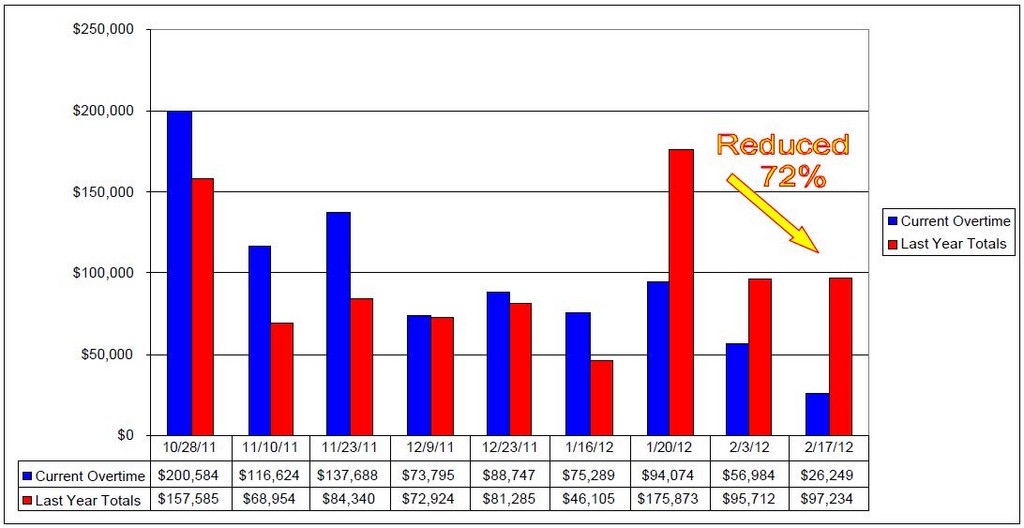Long Beach's new overtime policy produces results
City reduces OT costs by 72 percent
A month after City Manager Jack Schnirman implemented strict controls to rein in skyrocketing overtime costs, city officials said that the new policy has led to a dramatic reduction in overtime expenses. The savings are becoming evident just weeks after the city formally declared a fiscal crisis.
Last month, Moody’s Investors Service, which downgraded the city’s credit rating from A1 to Baa3 in December, stated that overtime expenses have been a “perennial strain” on the budget, and noted that the city had already exceeded its annual overtime budget of $1.78 million by nearly $562,000 just over halfway through the fiscal year.
Schnirman said that overtime cost the city $2.3 million in 2011, and with the city facing a multi-million-dollar deficit by the end of the current fiscal year, continuing to generate overtime at that rate was simply unaffordable.
He said that since his policy was implemented in January, overtime has dropped by $68,000 in the last three pay periods, a 72 percent reduction. The policy requires employees to obtain several signatures — including those of the city manager and the comptroller — before they work additional hours. Scheduled overtime is approved only when deemed necessary by department heads and with prior approval from Schnirman. The city manager must be satisfied that it is essential, and the most appropriate and cost-effective way of completing the necessary work.
Any overtime requests submitted after work has been completed will be considered a violation of this policy, except in an emergency, according to the city’s website.
“We’ve put the city on notice right away that we were going to be scrutinizing overtime…,” Schnirman said.
While the previous administration cited Tropical Storm Irene as the main reason for the city’s ballooning overtime budget, Schnirman and others attributed the exorbitant increases to a “lack of accountability and oversight.”






